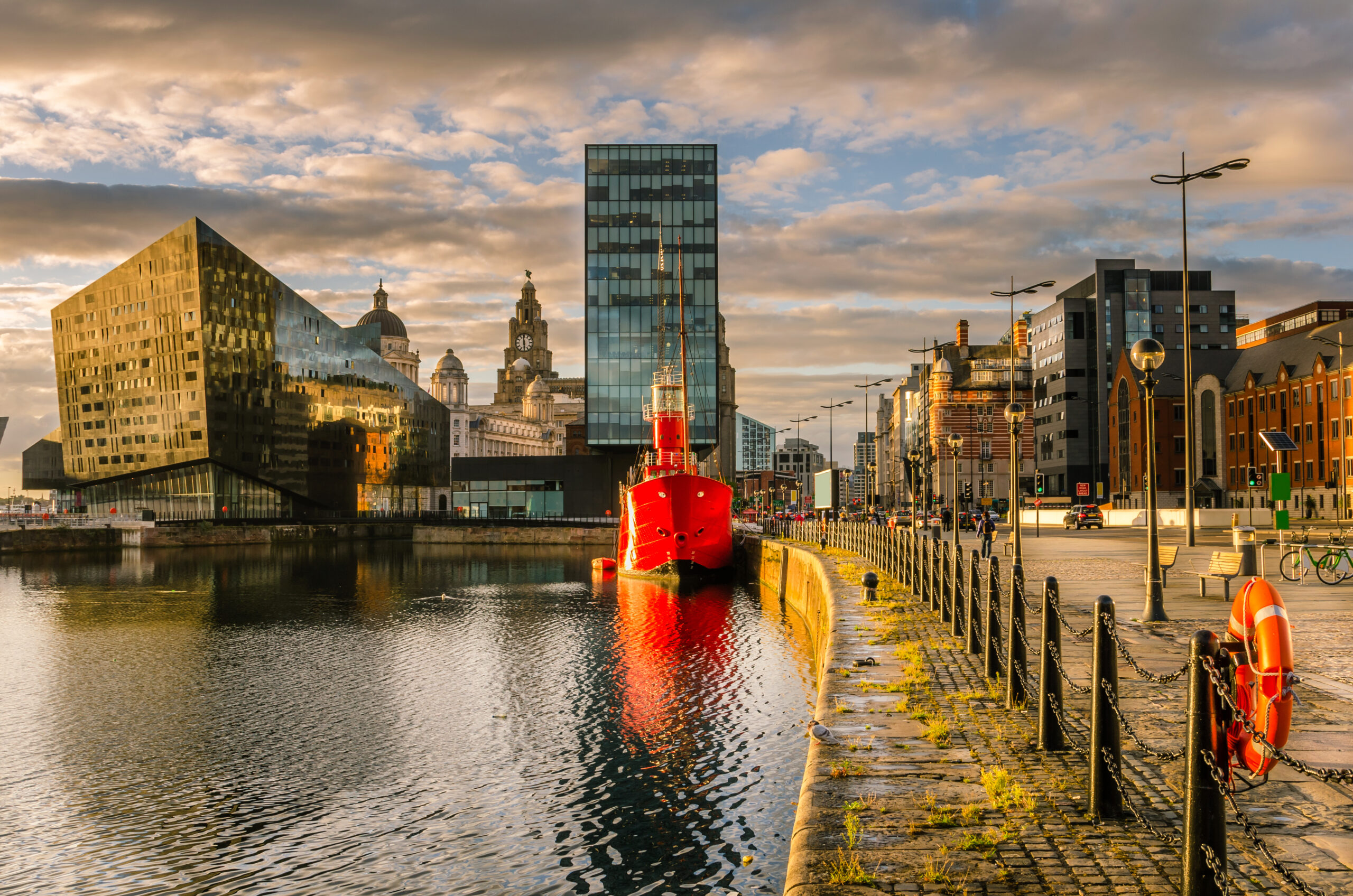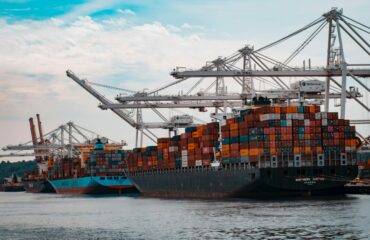The government has granted Liverpool Freeport final approval.
But what are freeports? What benefits is the move expected to bring? And why is it such a big thing for the city?
The approval of freeport status for Liverpool is expected to bring big gains to the city, the Port of Liverpool, the Merseyside area, and beyond.
Having been temporarily abolished in 2012, freeports have been reinstated in a selection of UK cities. The move was announced in the March 2021 budget, but it wasn’t until 10th January 2023 that the government gave Liverpool final approval.
Liverpool joins the likes of the Port of Felixtowe and Harwich International Port, the Port of Plymouth, and ports at London Gateway and Tilbury in gaining its freeport status.
There are currently eight freeports in total across the UK.
What are freeports?
Freeports are regions within the UK which are granted special economic status. Within these designated areas, typical customs and tax rules do not apply.
Being the city with the largest transatlantic port in the country, this is an ideal trading situation for Liverpool.
As well as further international trade, the plan is expected to attract new business investment; companies or divisions which are based in the freeport region will enjoy a five-year freeze on tax and National Insurance.
One key condition? Businesses that benefit from these tax breaks must pledge to being zero emissions by 2030.
Spreading from Liverpool, across to the Wirral and over to Salford, the government anticipates that Liverpool Freeport’s new status could bring a financial boost of £850 million to local areas.
Starting with £25 million of seed funding, the Levelling Up minister Dehenna Davison stated that freeports will:
“Unlock local expertise and skills to boost key local industries, create jobs and grow our national economy.”
This is also a great incentive for the city’s existing talent to stay put. That’s why Liverpool Freeport is working with schools and universities to support education in sectors that are expected to benefit.
Liverpool’s freeport status
This is not the first time Liverpool has had freeport status.
In fact, up until 2012 (when the UK was part of the European Union) there were several freeports across the country. However, there was a difficulty in securing funding, which had to be approved by Brussels.
This has to do with the fact that freeport status promises to attract international trade that may have otherwise gone to another EU country.
Now, however, with investment in Britain’s hands – the future of the project looks bright.
And there are other opportunities Liverpool Freeport’s status promises, including…
- Increase trade through the Port of Liverpool.
- Drive employment growth.
- Be a central tool in attracting inward investment.
- Regenerate areas of deprivation.
- Support the enablement of national and local ambitions for Net Zero.
- Make a significant contribution in rebalancing UK freight and logistics.
The benefits of freeports for your Manufacturing and Shipping & Logistics business
Thanks to Liverpool’s freeport status, Manufacturing and Shipping & Logistics businesses in particular can look forward to fewer costs, increased investment, and more top talent.
If your business is on a growth mission and looking to attract the best talent – we can help!
We pride ourselves on sourcing quality candidates with the right skillset, experience, and culture fit for your business. Our expert talent consultants are specialists in your sector and have the best digital recruitment solutions at their disposal.
Get in touch today to find out what we can do to source the talent that you need:
Call us: 0333 360 1100




